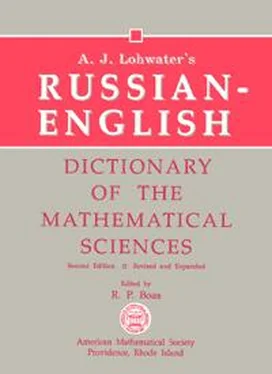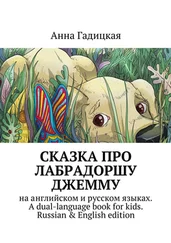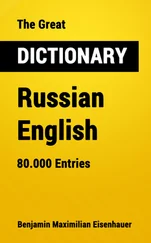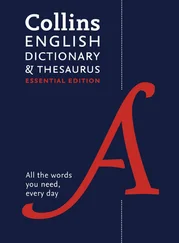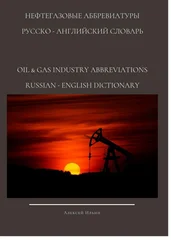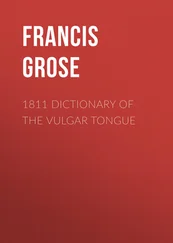The relative pronoun requires some explanation. Которыйis a relative pronoun, and as such it links two clauses together:
Проблема, которую мы ставили, были сложная. → The problem, which we posed, was complex.
Note that the relative pronoun not only agrees in gender and number with the noun it replaces, but it also appears in the case required by its function within the relative clause. In this sentence, the pronoun is feminine and singular as it refers to проблема, and is in the accusative case because it is the direct object of the verb ставили.
The pronouns никто(nobody), ничто(nothing), никакой(no, no sort of), and ничей(nobody's) are declined like the corresponding positive interrogative pronouns. Note, however, that when used in conjunction with a preposition, the preposition is inserted between the ни-and the appropriate form of the pronoun.
ничто: ни о чём → about nothing
Also, double negatives are the rule in Russian phrases containing negative pronouns.
Никто не ответил на вопрос профессора. → No one answered the professor's question.
The category of definite pronouns includes the following: каждый(each, every, everybody), всякий(any, anybody, all sorts of), сам(myself, yourself, himself, etc.), and весь(all, whole, everybody, everything). The full declensions appear in the Appendix.
Каждыйand всякийact attributively as well as standing alone as subjects:
У каждого студента решение. → Each student has a solution.
У каждого решение. → Everyone has a solution.
Самis used to intensify or emphasize. In the following sentence, самis used to emphasize the subject pronoun я:
Я сам не знаю, как решить эту задачу. → I myself don't know how to solve this problem.
One of the distinguishing characteristics of the Russian language is the notion of verbal aspect. There are two aspects in Russian: the imperfective aspect and the perfective aspect. In its simplest definition, the imperfective aspect indicates that an action is in progress, that it has not necessarily been, nor will be, completed, or is continuous or recurring. Conversely, the perfective aspect indicates that an action has been, or will be, completed, or that there has been, or will be, a definite result.
In languages that do not have special grammatical forms to express verbal aspect, the distinctions described above are rendered by the many verbal tenses, such as the perfect and pluperfect. Consequently, since Russian does exhibit verbal aspect, its inventory of tenses is minimal. In fact, Russian has only three tenses: past, present, and future. Furthermore, perfective verbs have no present tense, since they describe a completed action, and thus are used only in the past and future tenses.
Most Russian verbs have two infinitives — an imperfective infinitive and a perfective infinitive. For instance, the verb "to read" in Russian has the imperfective infinitive читатьand the perfective infinitive прочитать. The imperfective verb читатьappears in all three tenses, while the perfective form прочитатьappears only in the past and future tenses:
читать(imperfective infinitive)
Я читаю книгу. → I read, I am reading, I do read the book
Я читал (читала, читало, читали) 1 книгу. → I read, I was reading, I did read the book (but did not finish reading it)
Я буду читать книгу. → I will read, I will be reading the book (but will not finish reading it)
прочитать(perfective infinitive)
Я прочитаю книгу. → I will read the book (and will finish reading it)
Я прочитал (прочитала, прочитало, прочитали) 1 книгу. → I read, I have read, I did read the book (and did finish it)
Notice that the imperfective future tense is compound, while the perfective future is simple. The first component of the compound future construction, будуof буду читать, is the future tense of the verb "to be" and is used to form all imperfective future tenses. The following sentence illustrates the imperfective future tense:
Мы будем называть функцию f ( z ) непрерывной, если ... . → We will call a function f ( z ) continuous if ... .
Although a great number of imperfective and perfective verb pairs may be derived from each other by affixation (adding or removing a prefix, suffix, or infix), not all pairs are easily recognized as pairs by their form. In the dictionary, the imperfective verb is listed with its definition, with the perfective form given in parentheses. The perfective form may be listed with or without a definition, but is usually referenced to its imperfective. When no perfective form is indicated, this is not necessarily an oversight: some verbs do not have a perfective aspect, some have only the perfective, and many, especially verbs adopted from other languages, have the same form in both aspects. (These special situations are not usually mentioned in the dictionary, since nonexistent forms do not have to be translated.) The definition may be repeated for the perfective form when the imperfective and perfective are widely separated in the dictionary. The perfective forms of reflexive or passive verbs are not usually mentioned if the corresponding active forms are given.
The verb "to be" ( быть) is very important in Russian, as in all languages. Following is the conjugation of быть:
| present tense 2 |
|
| он, она, оно есть |
|
he, she, it is |
|
они суть |
|
they are |
| future tense |
|
| я буду |
|
I will be |
|
мы будем |
|
we will be |
| ты будешь |
|
you will be |
|
вы будете |
|
you will be |
| он, она, оно будет |
|
he, she, it will be |
|
они будут |
|
they will be |
| past tense был, была, было, были |
|
| я был, была |
|
I was |
|
мы были |
|
we were |
| ты был, была |
|
you were |
|
вы были |
|
you were |
| он был она была оно было |
|
he, it was she, it was it was |
|
они были |
|
they were |
|
|
|
|
|
|
|
|
|
|
|
|
|
|
1. It has already been illustrated that the present tense of бытьis usually omitted in Russian sentences. Review the following sentence:
Читать дальше
